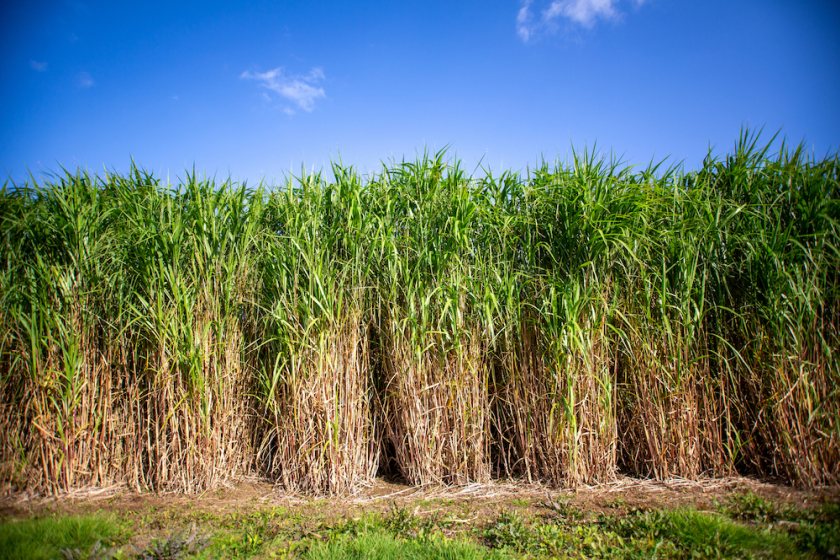Government provides £3.3m funding to upscale perennial energy crop

A project to facilitate more planting of the perennial bioenergy crop Miscanthus has been awarded over £3.3 million in government funding.
The project, spearheaded by Miscanthus specialist Terravesta, will deliver improvements on the crop's entire establishment process in the UK.
It will look at approaches to producing planting material, field preparation, innovative agri-tech, new planting techniques and technologies to monitor establishment in the field.
The project has received funding through the second phase of the government’s Biomass Feedstocks Innovation Programme, to contribute to 2050 net zero targets.
The Climate Change Committee states that to reach net zero, 700,000 hectares of bioenergy crops need to be planted by 2050 – that’s 30,000 hectares a year starting in 2030.
Terravesta’s science and technology director, Dr Michael Squance, says that Miscanthus is important for the UK to reach environmental targets.
“The first dedicated, peer reviewed study into Miscanthus life cycles shows that the above ground biomass grows annually and recycles all the carbon that’s been produced through planting, harvesting, and burning the crop for renewable electricity.
"And at the same time, the underground rhizome and decaying leaf litter fixes and stores net 0.64 tonnes of carbon (2.35 tonnes CO2e) per hectare, each year as it grows,” he said.
Phase 1 of the project saw analysis of field preparation, machinery, technology and planting techniques to identify areas which can deliver gains, efficiency and cost reduction.
The second phase commenced in mid-2022, with hopes of improving Miscanthus planting and establishment.
Dr Jason Kam, Terravesta’s head of R&D, said there were four areas of focus, the first of which being planting material production preparation.
"[This] will improve on the quality of the rhizomes when they come out of the nursery, look at Miscanthus seed development, and test biological treatments and crop nutrition to help the plants to grow better.
“The second focus area is site preparation, where we will look at retaining moisture, reducing tillage and improving soil health," he explained.
“Streamlining planting processes is an exciting part of the project, where agri-tech will be used to plant more crops in a shorter space of time.
“And lastly, establishment monitoring will test drone agronomy, remote sensing and data capture, to improve crop performance."








